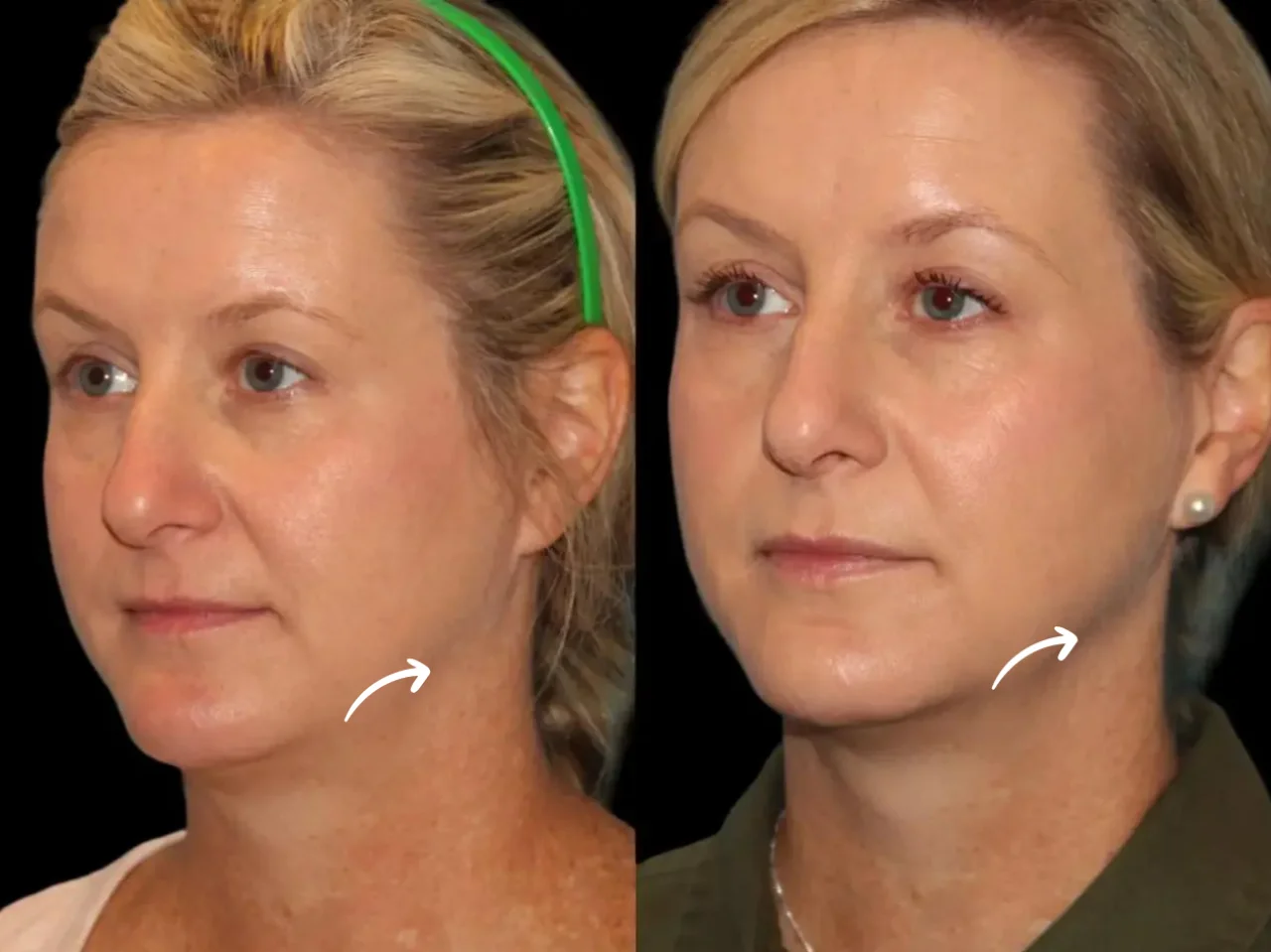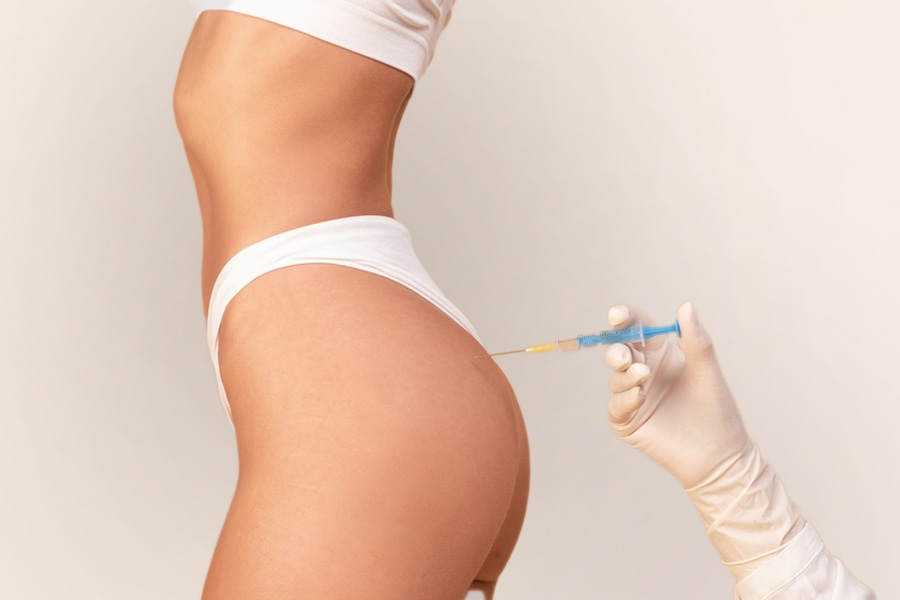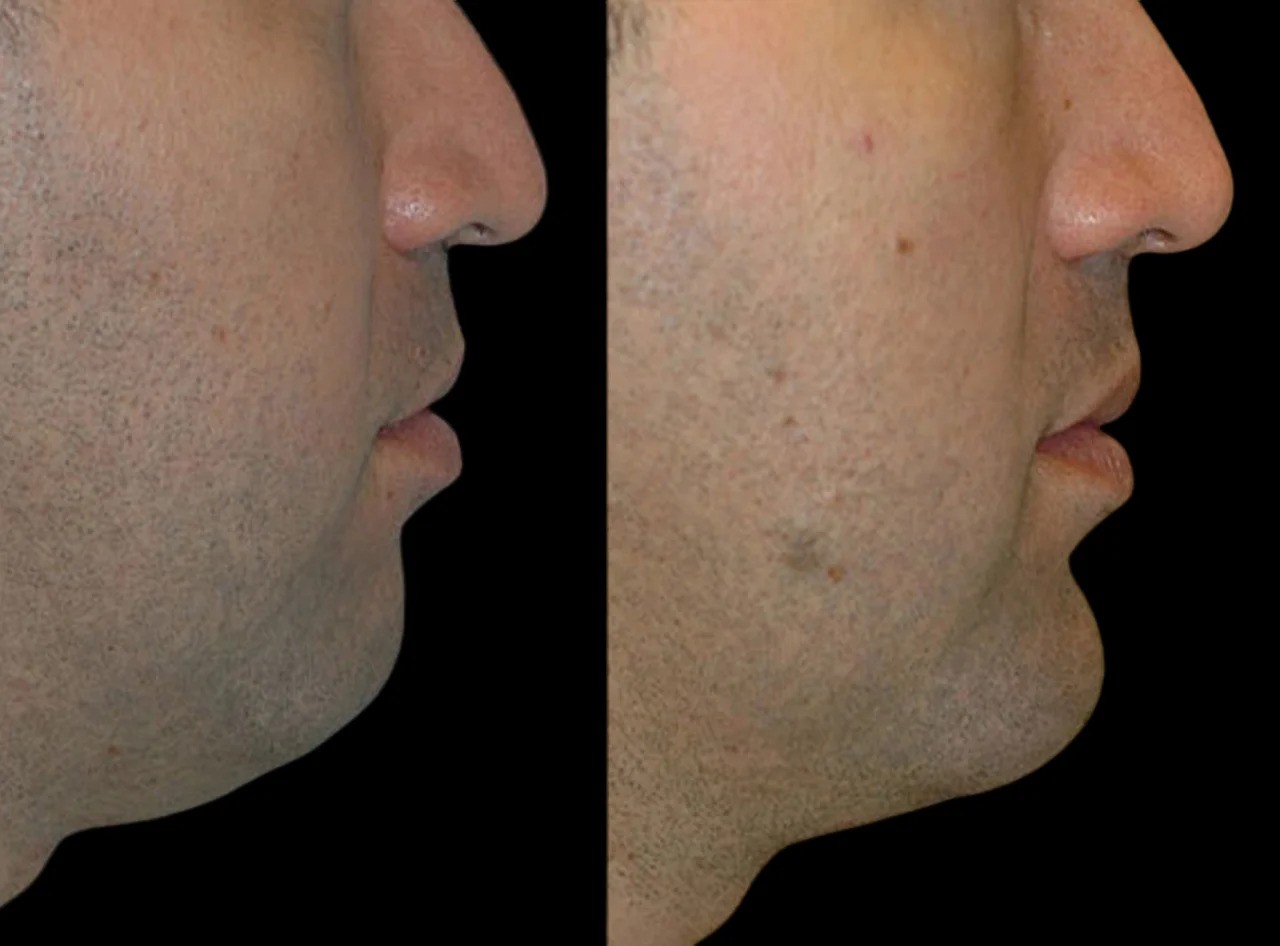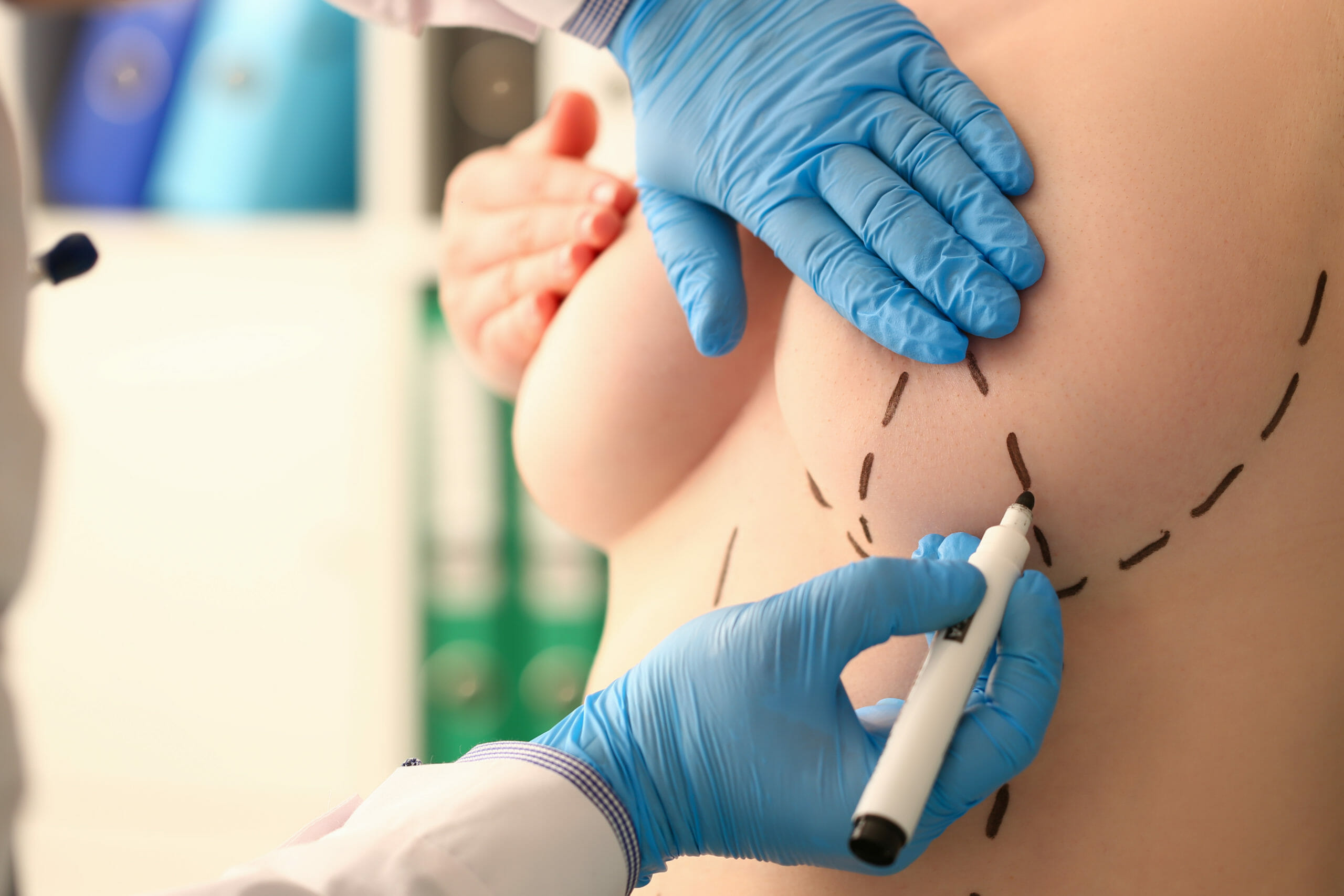Penile dysfunction can affect multiple aspects of a man’s life—beyond the physical challenges, it often leaves a lasting psychological impact. It can disrupt emotional well-being, lower self-esteem, and strain romantic relationships. Issues such as erectile dysfunction (ED) are more than just intimate problems; they are connected to mental health and social interactions, creating a ripple effect that affects one’s overall happiness. Consulting a male urologist can make a significant difference in both treating the condition and addressing the emotional burdens that come with it. With the right approach, men can regain their confidence and rebuild both their physical and emotional health.
The Psychological Toll of Penile Dysfunction
While penile dysfunction is often discussed from a medical perspective, the emotional damage it can cause is just as important. Men experiencing these challenges may feel embarrassed or inadequate, which can lead to anxiety, stress, and other mental health issues. Several psychological factors come into play:
- Anxiety and Stress: Many men develop severe anxiety about their sexual performance, especially after repeated failures. This performance anxiety can quickly become a self-fulfilling prophecy, as worrying about the condition worsens it. The fear of disappointing a partner adds to the stress, creating a negative feedback loop.
- Depression: Persistent issues with sexual performance can take a toll on mental health, leading to feelings of worthlessness, isolation, and depression. In many cases, untreated depression can further complicate erectile issues, making it difficult to break free from the cycle.
- Strained Relationships: Intimacy is a vital part of romantic relationships, and penile dysfunction can lead to frustration or emotional distance between partners. Without open communication, both partners may misunderstand each other’s feelings, causing tension or withdrawal.
- Reduced Self-Esteem and Social Impact: Sexual performance is often tied to masculinity in many cultures, and difficulties in this area can deeply affect self-worth. Men may withdraw socially, avoiding conversations or activities that trigger feelings of inadequacy.

How a Male Urologist Provides Holistic Support
Addressing penile dysfunction requires more than just a physical solution—it involves tackling the mental and emotional aspects too. A male urologist plays a key role in identifying the underlying medical causes, whether they stem from cardiovascular conditions, hormonal imbalances, or psychological stress. The urologist also provides guidance on the most suitable treatment options based on the individual’s needs.
In addition to prescribing medications or suggesting lifestyle changes, urologists often collaborate with mental health professionals to ensure that psychological factors such as anxiety or depression are addressed. This holistic approach ensures that men receive not just physical treatment but also emotional support, fostering long-term recovery.
Treatment Options Available
Several effective treatment options exist for penile dysfunction, and a male urologist will recommend the most appropriate course of action based on the individual’s situation. These include:
- Oral Medications: Drugs such as sildenafil (Viagra) and tadalafil (Cialis) improve blood flow to the penis, allowing for better performance. These medications are often the first line of treatment and have proven highly effective for many men.
- Lifestyle Adjustments: Changes like maintaining a healthy weight, quitting smoking, reducing alcohol consumption, and engaging in regular exercise can significantly improve sexual health over time. These changes also enhance overall well-being, which positively affects mental health.
- Hormone Therapy: If low testosterone is identified as a contributing factor, hormone replacement therapy may be recommended to restore normal levels.
- Psychotherapy and Counselling: For those experiencing anxiety, depression, or relationship difficulties, therapy sessions can be incredibly beneficial. Cognitive-behavioural therapy (CBT) helps manage performance anxiety, while couples counselling fosters open communication between partners.
- Medical Devices and Surgery: In cases where medications do not work, vacuum erection devices or penile implants can offer effective solutions. Surgical options are typically considered only after other treatments have been exhausted.
The Importance of Breaking the Stigma
A major obstacle preventing many men from seeking help is the stigma surrounding penile dysfunction. There is often a sense of shame attached to discussing sexual health, leading men to suffer in silence. This reluctance can delay treatment and worsen both the physical and emotional aspects of the condition.
It is essential to recognize that penile dysfunction is a common medical issue, not a reflection of personal failure. With modern medical advancements, there are numerous ways to address the problem effectively. Raising awareness, normalizing conversations about sexual health, and encouraging men to seek professional help are crucial steps in reducing the stigma.
Seeking help from a male urologist should be seen as a positive, proactive step toward reclaiming one’s health and well-being. Early intervention not only improves the chances of successful treatment but also prevents long-term psychological and relational damage.
Partner Support: A Key Element of Recovery
Recovery from penile dysfunction is often more successful when both partners are actively involved. Open communication is essential to foster understanding and reduce misunderstandings. A supportive partner can help ease the pressure to perform, making the treatment process less stressful. Many couples find that therapy sessions focused on relationship dynamics strengthen their bond and improve emotional intimacy.
Support from a partner can also help men feel less isolated in their experience, encouraging them to stay committed to their treatment plan. Understanding that the condition affects both partners and working together toward a solution promotes a positive outlook on recovery.
Conclusion
Penile dysfunction treatment is not just a physical issue; it carries significant emotional and psychological weight. The anxiety, depression, and relationship challenges that come with it can disrupt a person’s overall well-being. However, the good news is that there are effective solutions available. Consulting a male urologist is the first step toward identifying the root cause and finding the right treatment plan. Whether through medications, lifestyle changes, counselling, or medical devices, men can overcome penile dysfunction and restore their confidence.
Breaking the stigma surrounding sexual health is essential. No one should have to suffer in silence or feel ashamed of seeking help. Treatment is available, and with the right support—both from professionals and loved ones—recovery is not only possible but achievable. By taking proactive steps, men can regain control over their health, strengthen their relationships, and enjoy a better quality of life.















